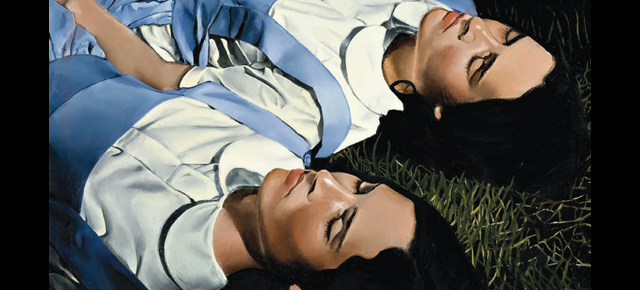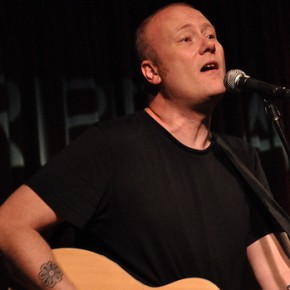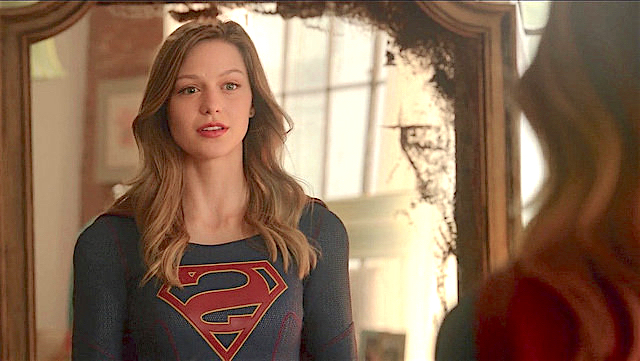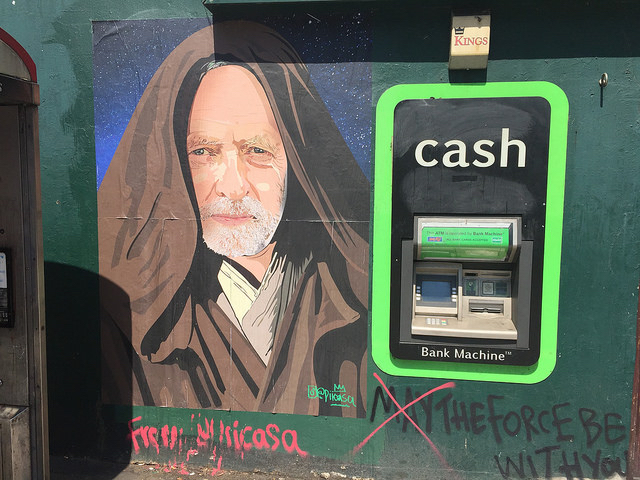At long last, a US president supports same-sex marriage. ‘I think same-sex couples should be able to get married’ Barack Obama told ABC News on Wednesday. That same day, Queen Elizabeth declined to mention it in her address to Parliament – despite promises made by the governing coalition (who had written the Queen’s speech) about pursuing marriage equality legislation.
Fearful of alienating conservative voters, the Tories and Liberal Democrats had decided not to push the issue following their humiliating defeat last week in local elections. As a new arrival in the UK, from a decidedly homophobic eastern European country called Poland, I’m extremely disappointed. Why pander to domestic right-wingers, when highly educated immigrants like me are Britain’s future? David Cameron owes me an explanation.
Thankfully, British parties that champion civil partnerships such as the Greens are maintaining their commitment to extending marriage rights to queers. MP Caroline Lucas’ Equal Love campaign, which seeks to challenge the current UK ban on civil partnerships, is just the kind of bill Europe needs right now. Lucas MP will give a talk about her initiative at two PM this afternoon at the University of Brighton. Local Souciant readers are of course invited.
In 1959, Hannah Arendt wrote that “The right to marry whoever one wishes is an elementary human right.” Though she was writing about interracial marriage, there is no reason to doubt that the philosopher meant everybody. A universalist writing in the shadow of the Holocaust, if same sex marriage had been on the American agenda, Arendt would have championed it. Indeed, today, the struggle to combat homophobia constitutes an equivalent struggle to that of racism in the US during the Cold War. Surely, such parallels do not escape President Obama.
Legislation isn’t the only way to transform society. Cultural campaigning is just as necessary. Coinciding with today’s talk by Caroline Lucas, Canadian art historian Lara Perry and Polish queer curator Pawel Leszkowicz have mounted a timely exhibit, Civil Partnerships: Queer & Feminist Art and Activism. Opening this afternoon, the show features the newest social and sensual, feminist and queer works by students and faculty of the University of Brighton and by specially invited international artists.
Consisting of three parts: queer and feminist portraiture, the homoerotic male nude, socially engaged art/LGBTQ visibility campaigns across Europe, particularly in Italy and Poland, the exhbition focuses on member states that refuse to consider recognition of same sex unions. The show also showcases Belgium’s posters against homophobia in soccer, and Britain’s Justin Campaign. According to Austin Scott, such shows find a natural home in Brighton.
The city of Brighton has a longstanding historical association with all things queer. It feels appropriate, then, that the city plays home to a n ascent collective of queer artists seeking to explore and push the boundaries of art and sexual orientation.
The Civil Partnerships show will be accompanied by a May 17 forum featuring such speakers as gender scholar Anne-Emmanuelle Berger who continues the work of French theory star Hélène Cixous, performance art scholar Lois Keidan, and lesbian painter Sadie Lee. Continuing the programming, on May 19, Europe’s leading art museum, the Tate Modern, will host a Civil Partnerships symposium.
Why do we, gays, demand recognition from the most repressive of institutions, like the military, the police and the courts? We want to reinvent, reform, and humanize them. It is not just a historical curiosity that in the middle of the Middle Ages same-sex unions were recognized. Yale historian John Boswell has demonstrated what British writer Marina Warner dubbed “a historical precedent – nothing less than the blessing of the church – for male coupling.” Under postmodernity, marriage, as the recognition of relationships, belongs to the people, not to the church.
Ours is not an Elizabethan age, but an era of dark prejudices inspired by economic crisis. Keeping your subjects in debt and inequality is the policy of the UK’s Thatcherite leadership. In such a political context, the Green Party’s ambition to replace the current feudal ethos with a republican one is an especially radical one. Given the pressure exerted by President Obama’s example, and the current cultural campaigning for equality here in England, it’s only a question of time before the old order falls. Please help us topple it.
Image courtesy of the University of Brighton Civil Partnerships exhibit. Painting by Natalie Papamichael, 2008.





